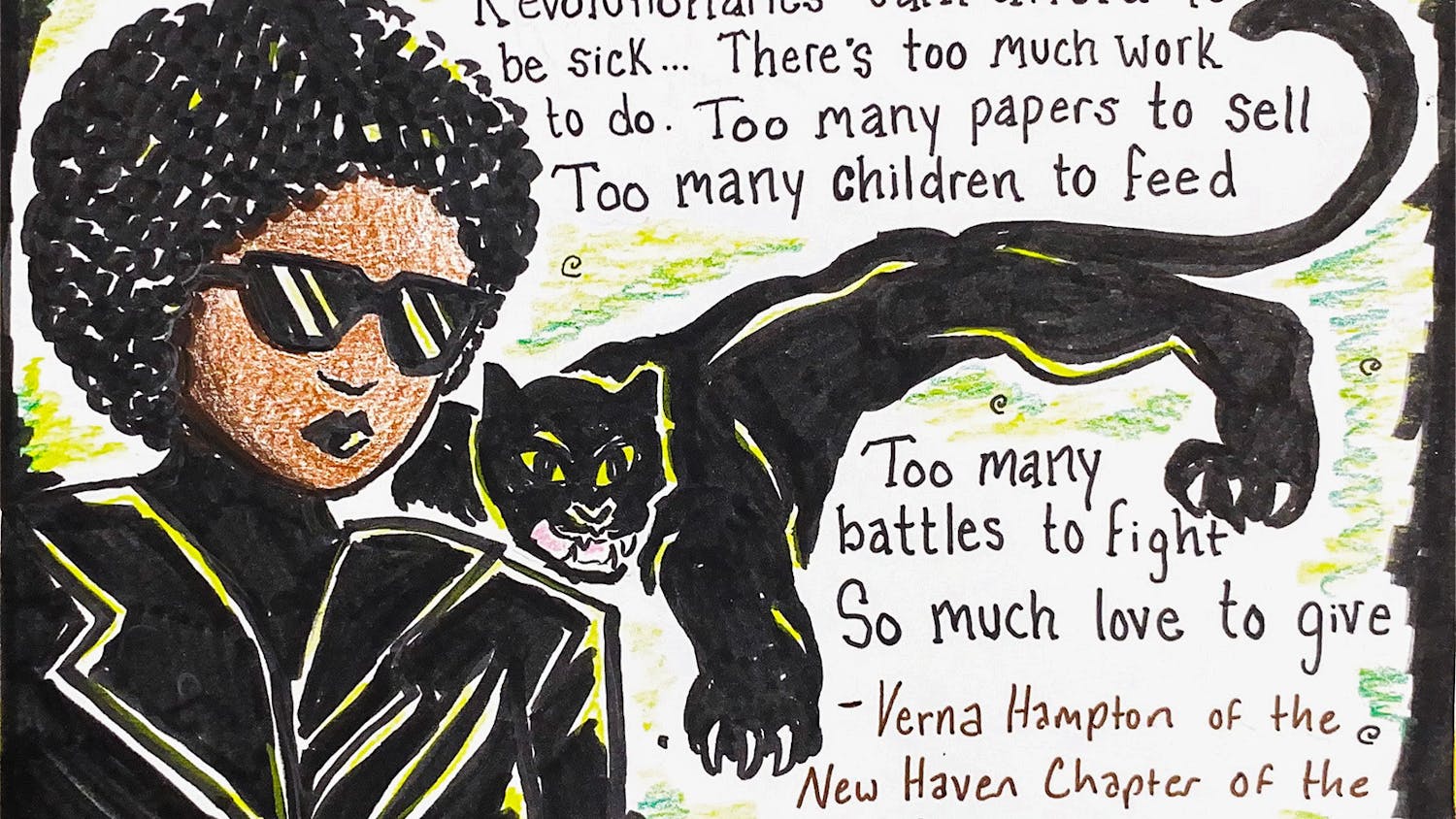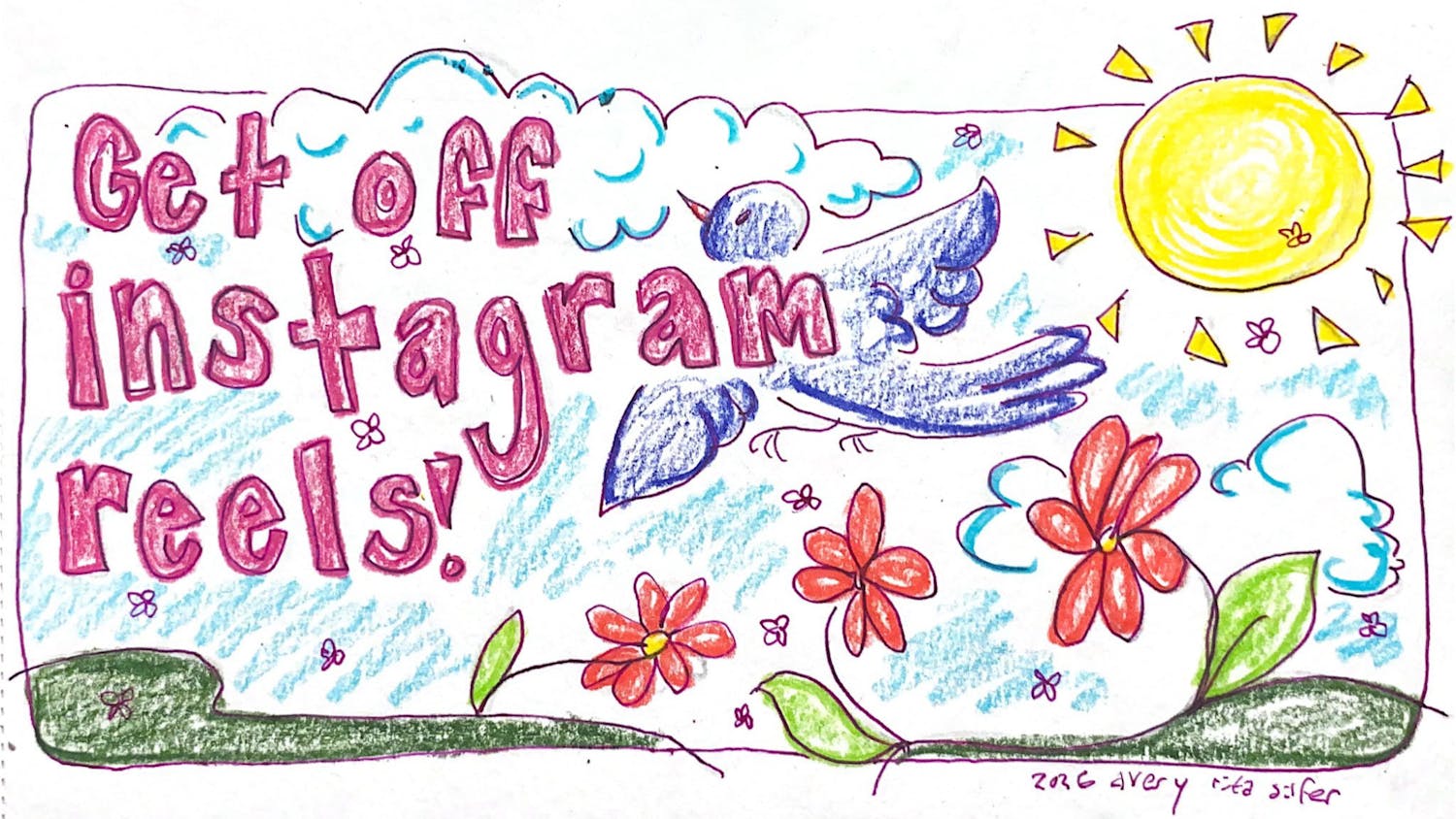As many students at the University of New Mexico graduate and enter their respective career fields, the option to unionize will be a question that confronts many of them. Research has shown that workers that are part of a union have better working conditions overall.
In the United States, 1 in 9 workers are in a union, according to the Economic Policy Institute. This, therefore, allows their collective voices to speak up for fair working conditions, according to the Institute’s research.
Additional research from the Economic Policy Institute shows that strong unions lessen the wage gap from the highest earner to the lowest earner, and union workers tend to earn 13.2% more than non-union workers.
Livable wages allow for greater accessibility to workforces or universities, according to Marley Russell, a member of the United Graduate Workers of UNM, which is one reason the graduate student workers are attempting to unionize at UNM. Research from the Economic Policy Institute showed that racial and gender-based wage gaps are lessened by the work of unions.
There are a lot of misconceptions around who unionizes, according to Jason Smith, a UNM professor of history who specializes in labor history. The predominant stereotype is blue-collar industrial jobs dominated by white men, but Smith said the actual breakdown is a lot more diverse.
“I think a lot of people who are underinformed … hear organized labor or unions (and) they think of white men working in industrial jobs like the auto industry, and that certainly was true of the auto industry in the middle of the 20th century. (But) from today's perspective, the working class and people who are active in organized labor has never been more diverse,” Smith said.
Time magazine reported a recent increase in unionization because of the risk of the COVID-19 pandemic. Along with this, they said despite the fact that retail companies are making more in revenue, retail company employees have not seen increases in pay to match.
“The Brookings Institution found that 13 of the largest retail companies in the country earned a total of $16.7 billion more in 2020 than they did in 2019, while raising workers’ pay an average of just $1.11 per hour since the start of the pandemic,” Time magazine reported.
Recently, a Starbucks in Buffalo, New York formed the first union in the history of the chain, advocating for better wages and working conditions.
“We’ve done it in spite of everything that the company has thrown at us and we all know it has been an extensive anti-union campaign by Starbucks corporate,” Michelle Eisen, one of the baristas, told the New York Times.
It is clear that the effect of unions has also gone beyond just members, as unions cause positive effects for everyone employed regardless of status with a union, according to Smith. He brought up an example from the 1950s in which better working conditions from unions “did radiate throughout American society” regardless of individuals’ union status.
“Workers who were not in a union in the 1950s were better off because of the workers who were in a union and the gains they were able to achieve in their workplaces,” Smith said.
Get content from The Daily Lobo delivered to your inbox
The option to unionize is also prevalent at universities in addition to the workforce. There are more than 60 recognized graduate unions in North America. In Albuquerque, the United Graduate Workers of UNM are fighting for better working conditions and fair compensation. This fight, as well as what they’re fighting for, is similar to others at various universities in America.
“We need dental and vision coverage right now, and we need workers’ protection. A lot of graduate workers face discrimination, harassment, abuse from their advisors, because there's almost there's no effective processes in place to deal with those kinds of workplace issues,” Ramona Malczynski, a bargaining committee member, said.
Russell emphasized that unions allow a diverse variety of voices to be heard.
“I think unions are one of the only ways to allow those voices to be fully heard, because the only way they are going to be heard is through collective action,” Russell said.
Madeline Pukite is a beat reporter at the Daily Lobo. They can be contacted at news@dailylobo.com or on Twitter @madelinepukite






